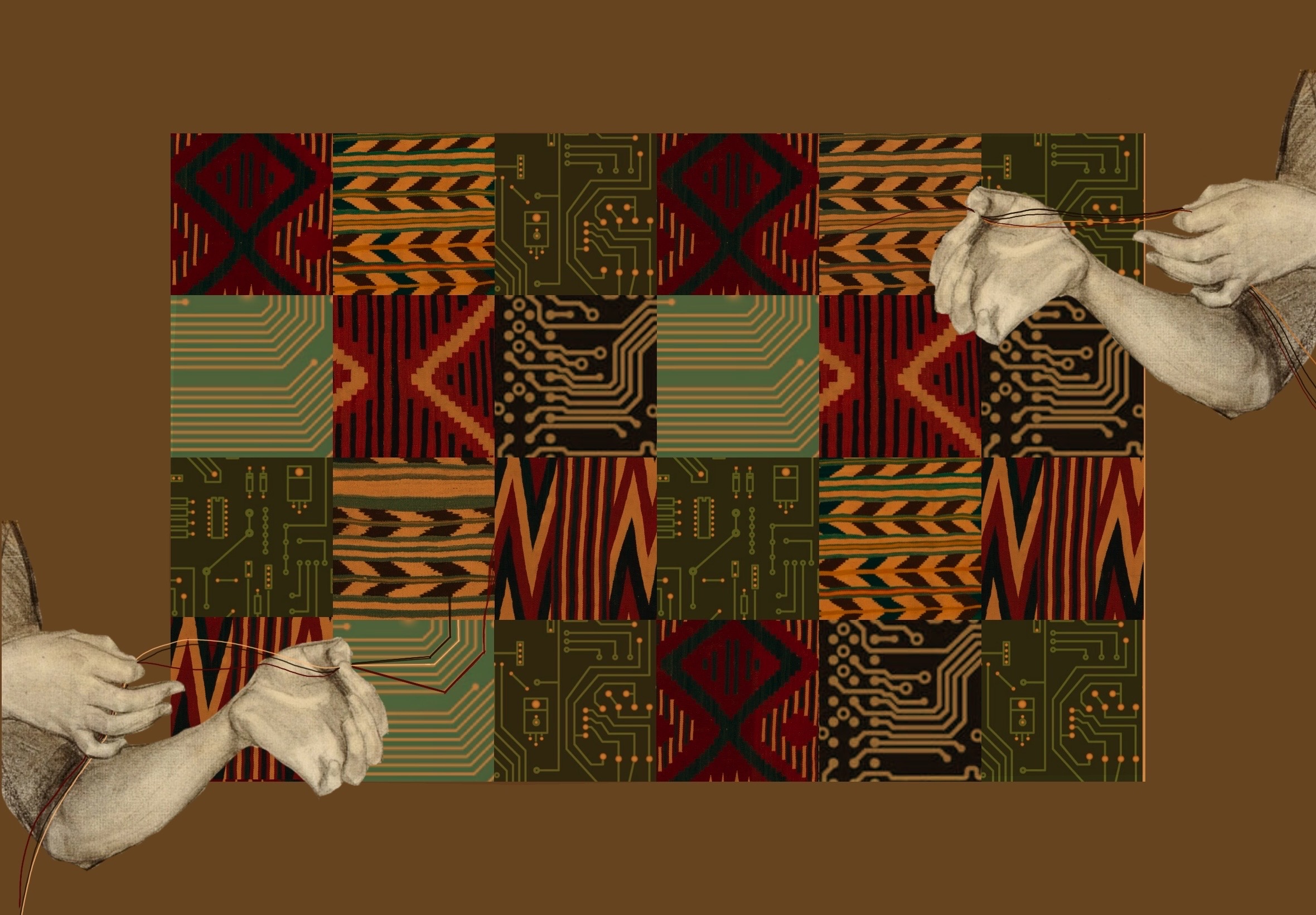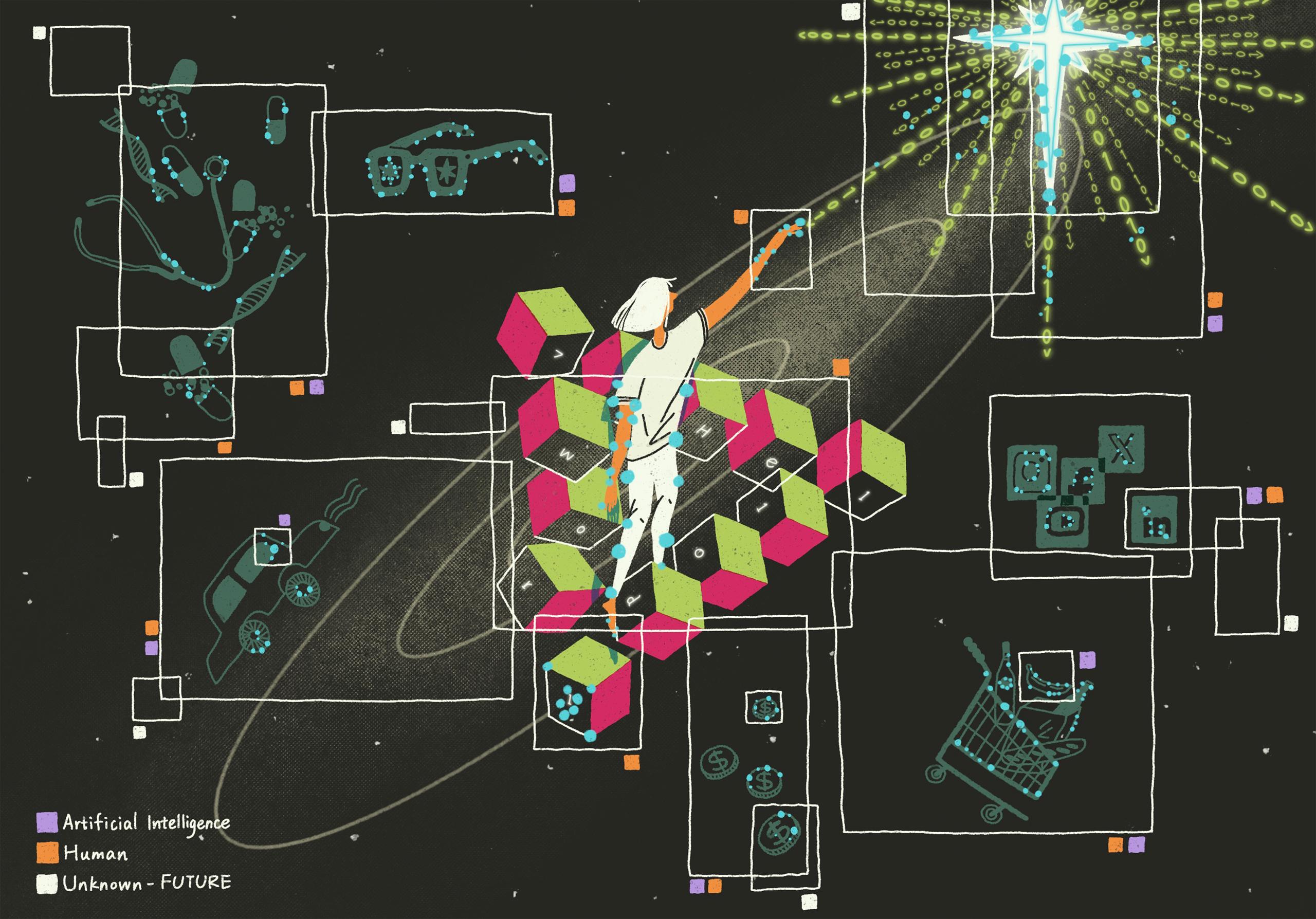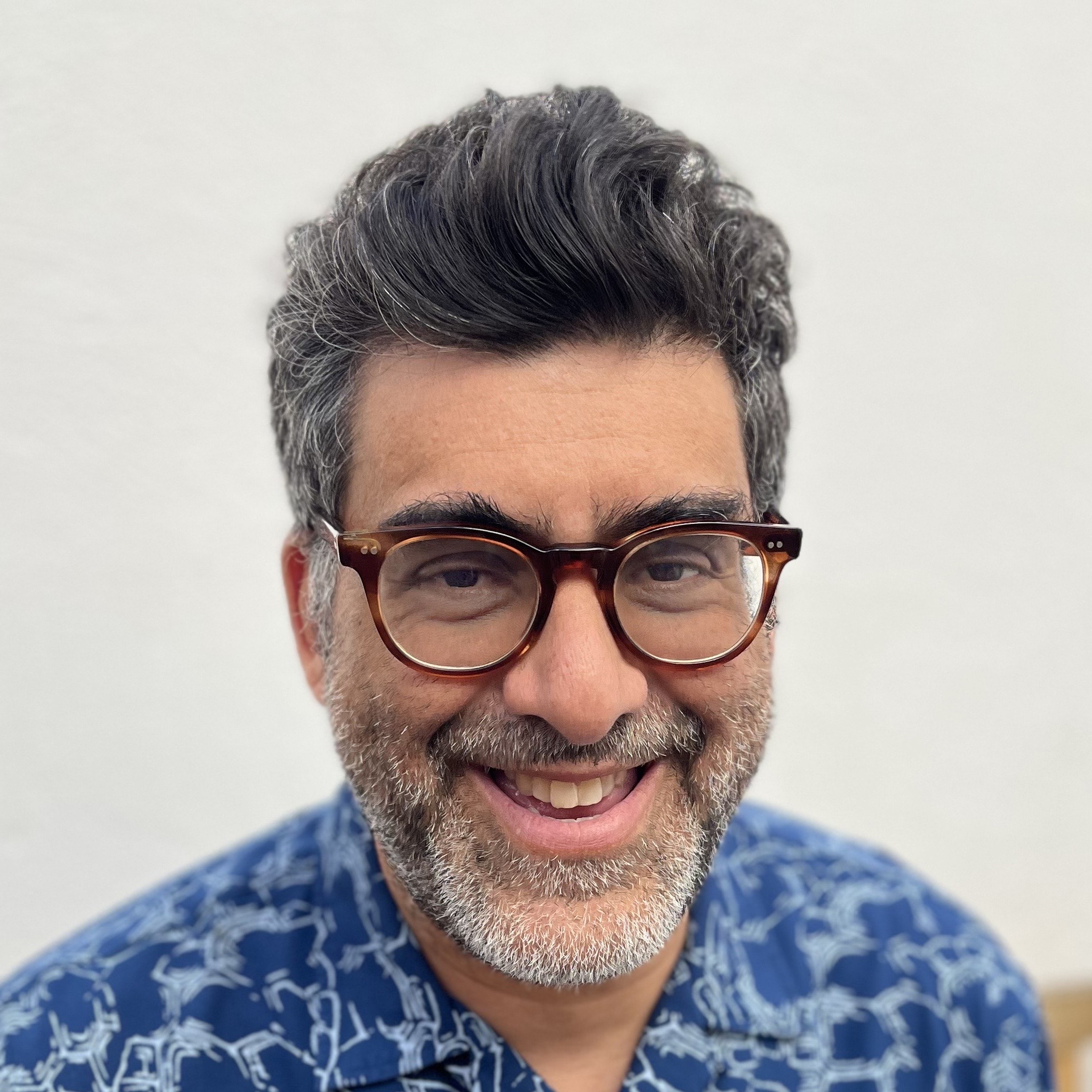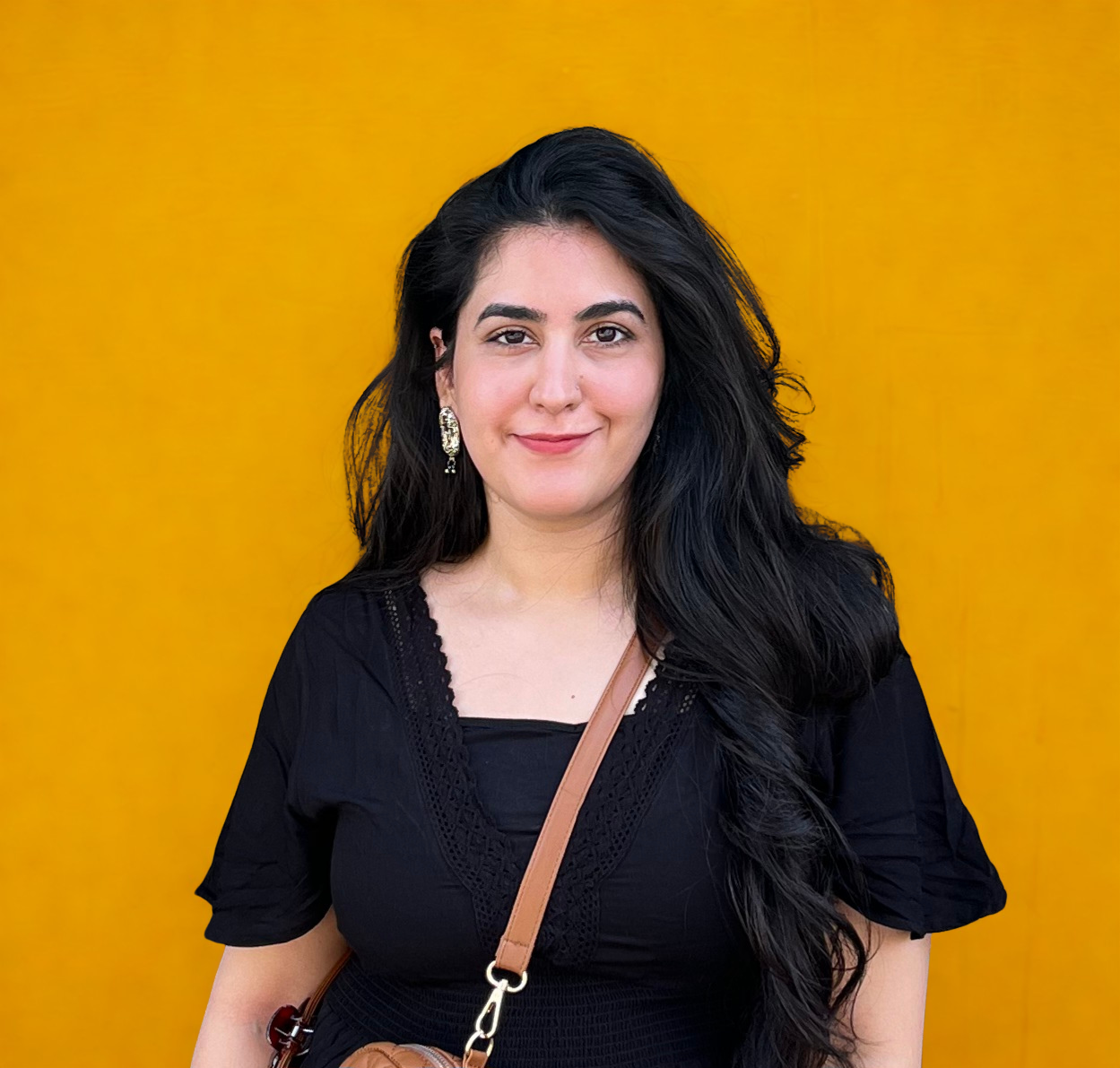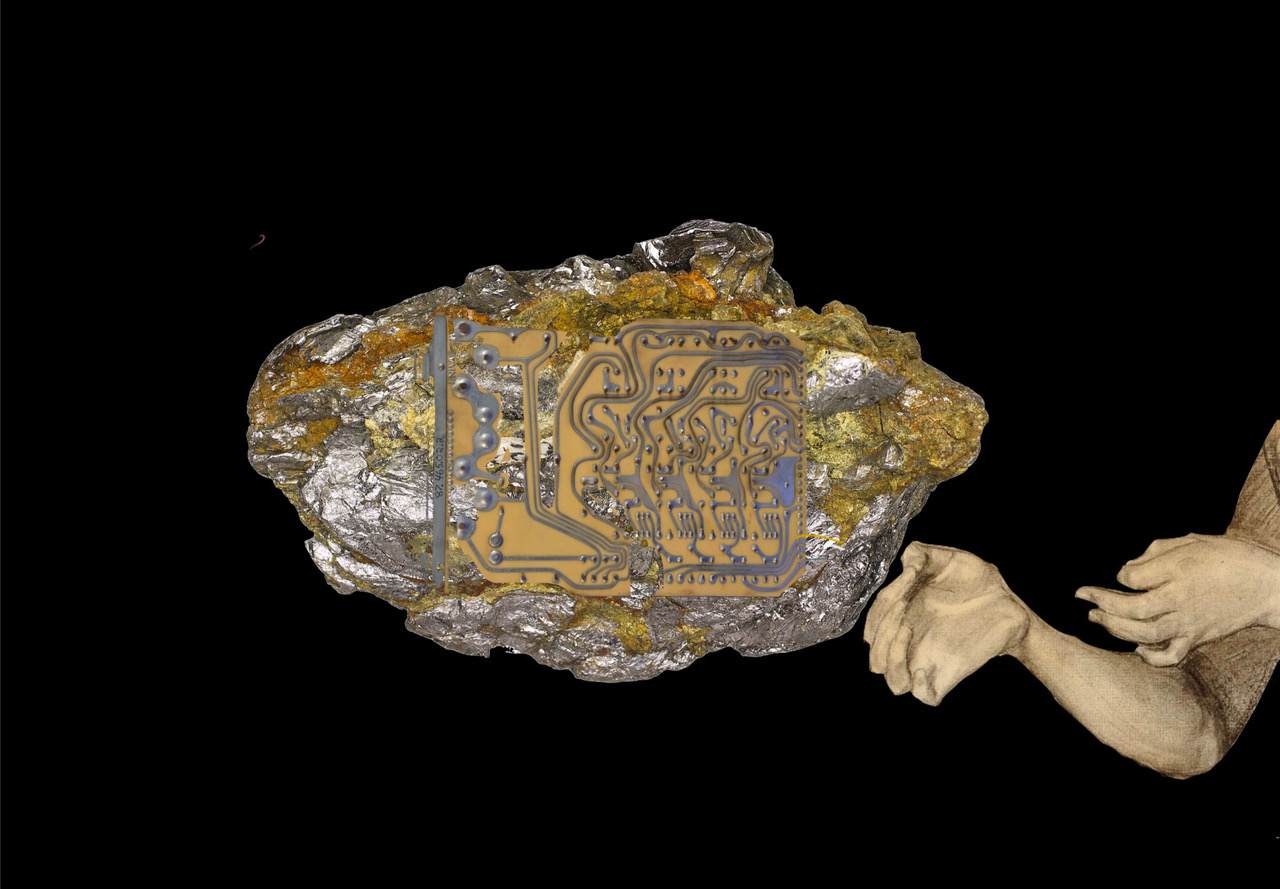Durre Shehwar Ali
Durre Shehwar Ali is a multidisciplinary designer and educator from Pakistan whose work examines power, neocolonialism, and frictionless solutionism in design and pedagogy, particularly their impact on democratic systems and public space. She is an Assistant Professor at the School of Visual Arts & Design, Beaconhouse National University, Lahore, where she also coordinates an interdisciplinary program under the UNESCO Chair on Inclusion Through Art. She holds a Bachelor of Industrial Design from NUST, Pakistan, and an MA in Design Research from the Bern University of the Arts, Switzerland. A Hirschmann Fellow and member of the Social Design Network, she has collaborated on projects internationally on healthcare, education, and resource accessibility, and regularly contributes to the social design dialogue in publications and global forums.
→ Background: Design Politics, Social Innovation, Industrial Design
→ Links: https://www.linkedin.com/in/durreshehwarali/

